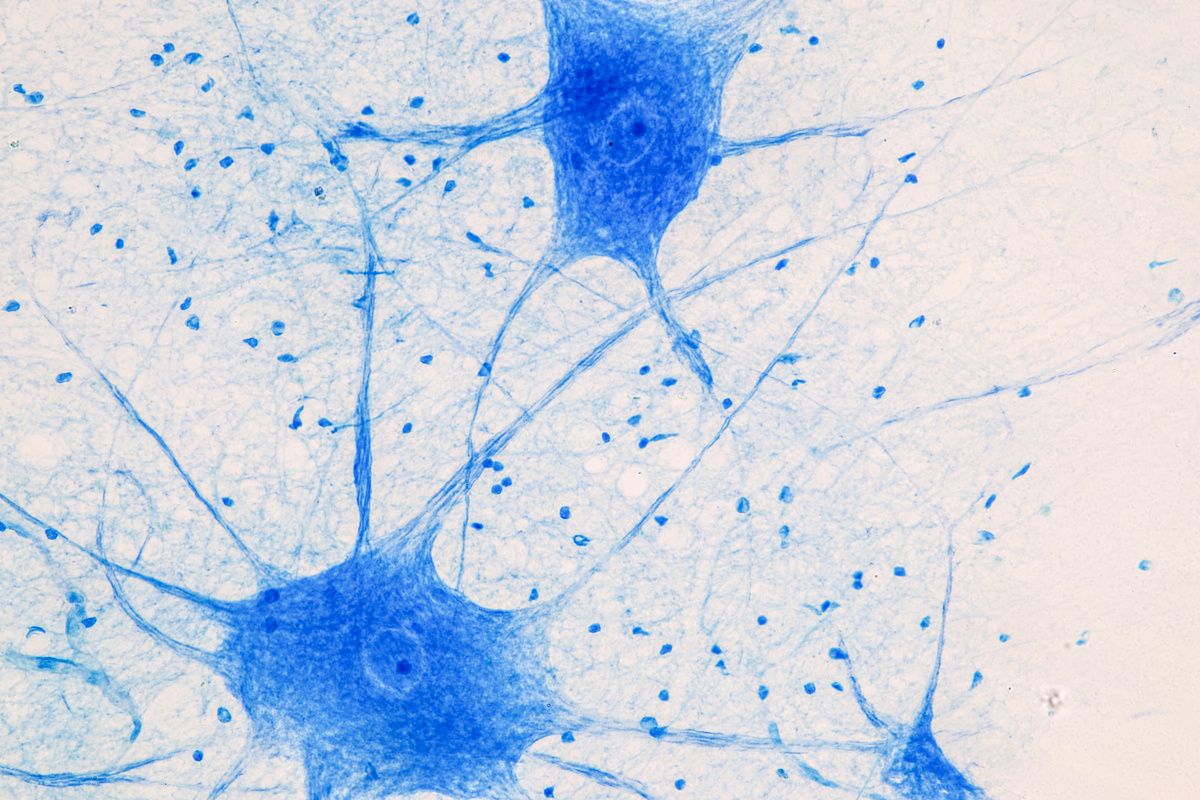Recent animal study finds that perinatal SAMe supplementation may reduce risk of developing Alzheimer’s Disease
Gnosis by Lesaffre has announced the results of a study that investigates the potential of S-adenosylmethionine (SAMe) to repress the expression of genes associated with the development of Alzheimer’s disease.
Photo © AdobeStock.com/sinhyu

Gnosis by Lesaffre has announced the results of a study that investigates the potential of S-adenosylmethionine (SAMe) to repress the expression of genes associated with the development of Alzheimer’s disease. Because previous studies have indicated that epigenetic signatures that can lead to diseased aging can be acquired at early life stages, the researchers administered the SAMe, specifically, Gnosis’ Adonat Premium SAMe, during the perinatal period to investigate whether this would protect offspring from developing Alzheimer’s Disease symptoms. Researchers compared the effects on perinatal supplementation in mice to supplementation of SAMe post-weaning.
More specifically, researchers evaluated the effects of SAMe on the expression of Presenilin 1 (PSEN1), a gene whose mutation is known to lead to the production of amyloid plaques, which build up between neurons to block signaling and eventually leading to their death. Amyloid plaques are a major cause of Alzheimer’s Disease symptoms. In the study, researchers found that short term perinatal supplementation with SAMe was just as effective as long post-weaning supplementation in repressing PSEN1 and amyloid deposition in adult mice.
“The data presented here strongly support the concept that environmental epigenetic modifiers, such as diet, can effectively drive the aging phenotype when manipulated in early life,” the researchers wrote. “Maintaining the proper DNA methylation could be a useful intervention in the prevention or treatment of [Alzheimer’s Disease] and related dementias.”
According to the National Human Genome Institute, “Methylation is a chemical modification of DNA and other molecules that may be retained as cells divide to make more cells. When found in DNA, methylation can alter gene expression. In this process, chemical tags called methyl groups attach to a particular location within DNA where they turn a gene on or off, thereby regulating the production of proteins that the gene encodes.”
The researchers explain in the study that hypo-methylation of PSEN-1 leads to over-expression of the gene. SAMe is a methyl donor in DNA methylation and may therefore impact epigenetic modification. “The data presented here contribute the ‘big picture’ of the role of methylation in [Alzheimer’s Disease],” the researchers concluded. “The maintenance of DNA methylation patterns, with functional effects on gene expression and through cell generations in the absence of the modifier, is a cellular epigenetic memory that may have a significant impact on physiology and pathology beyond neurodevelopment and neurodegenerative disorders.”
The study opens the door for further investigation, and the authors note that research should also investigate whether SAMe supplementation may have a greater or potentially detrimental effect through the modulation of other genes.
“While SAMe supplementation benefits in mood, joint, and liver health are established and continue to be reinforced through published data, scientific breakthroughs and revolutionary approaches today explore for understanding [of] SAMe’s role in long-term health and longevity through epigenetic regulation and methylation,” said Sophie Legrain-Raspaud, Gnosis Research and Application director, in a press release. “Slowing or averting age-related declines in physical and cognitive health to promote anti-aging effects and longevity can be possible today by taking advantage of the state-of-the-art scientific approach. By going deep inside the mechanisms and the roles of naturally and multi-potent occurring substances like SAMe, we believe we can improve the chances of maintaining optimal health later in life.”
Reference
- Raia, T.; Armeli, F.; Cavallaro, R.A.; Ferraguti, G.; Businaro, R.; Lucarelli, M.; Fuso, A. Perinatal S-Adenosylmethionine Supplementation Represses PSEN1 Expression by the Cellular Epigenetic Memory of CpG and Non-CpG Methylation in Adult TgCRD8 Mice. Int. J. Mol. Sci. 2023, 24 (14): 11675. DOI: 10.3390/ijms241411675








